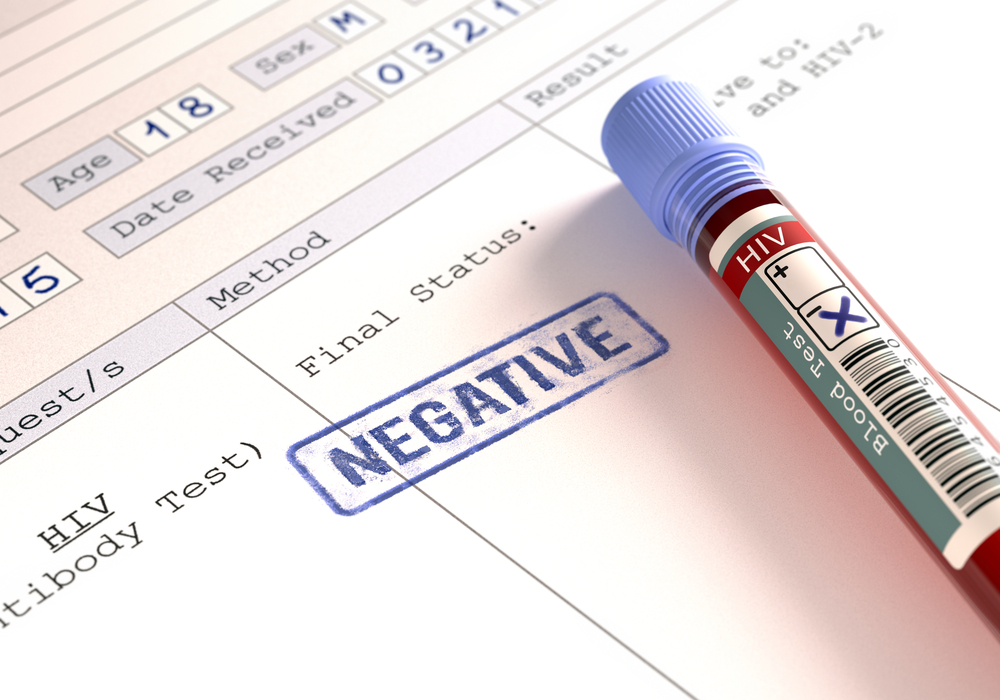Contents:
- Medical Video: Osteoporosis Shot
- What is the role of calcium in my body?
- How much calcium do we need?
- Who should consider calcium supplements?
- Where can I find calcium?
Medical Video: Osteoporosis Shot
You might think calcium is only for bones, but actually calcium can benefit your body in many ways. Calcium is important for your teeth, blood clots, regulates muscle contractions and heart rate. Calcium is something you need from birth until you reach old age. Let's take a closer look at the benefits of calcium.
What is the role of calcium in my body?
Calcium is an important mineral that we need so that our body functions properly. The following are the main functions of calcium in our body:
- Bone: Our bones are always porous and will grow back. Calcium is needed to rebuild your bones.
- Heart: Calcium controls the contraction of the heart which pumps blood throughout the body and also makes your heart rate more regular.
- Nerve: Calcium can act as a natural sedative which calms the nervous system and reduces pain.
- Blood clots: Calcium triggers a chain event that creates platelets, a component of our blood that stops bleeding.
About 99% of the calcium in our body is in the bones and teeth. When we are young, we build up the amount of calcium in our body until we reach the age of 20-25 years. At that time, the level of calcium in the body will reach its peak mass. As we get older, natural calcium levels begin to decline. The reason for the natural decline is because it is released from the body through sweat, skin cells, and dirt. In addition, as women age, calcium absorption tends to decrease because estrogen levels decrease.
Calcium absorption can vary depending on race, gender, and age. Those who undergo a low-calcium diet before they reach the age of 20 or 25 years are at a higher risk of developing osteoporosis. Taking calcium supplements can help your bones get back right and stay strong.
In our bodies, bones have the most calcium because they act as a store of calcium, and are ready to be released when your body needs it.
How much calcium do we need?
The Institute of Medicine has set the amount of calcium intake. Meeting this amount in your diet is highly recommended. In some cases, you may need to take calcium supplements to get enough to keep your bones healthy. Depending on your health condition, your doctor may recommend a higher dose.
- 0-6 months: 200 mg
- 7-12 months: 260 mg
- 1-3 years: 700 mg
- 4 - 8 years: 1,000 mg
- 9-13 years: 1,300 mg
- 14-18 years: 1,300 mg
- 19-50 years: 1,000 mg
- 51-70 years: 1,000 mg
- 71+ years: 1,200 mg
According to the World Health Organization (WHO), pregnant women are encouraged to fill calcium around 1,500 to 2,000 mg per day, starting from the 20th week of pregnancy until the end of pregnancy. This is to prevent pre-eclampsia, a condition that develops during pregnancy that causes high blood pressure and has the potential to harm the baby.
The upper tolerable intake level (UL) is the highest amount that most people can safely consume. For calcium, which is 2,500 mg / day for adults and children over the age of 1 year.
In general, it is better to take calcium supplements with food. For better absorption, you should not consume more than 500 mg at a time. You can divide a larger dose throughout the day, usually three times a day with food. For the body to use calcium properly, you also need to get enough vitamin D.
Who should consider calcium supplements?
Even if you eat healthy food and a balanced diet, you may find it difficult to get enough calcium if you:
- Go on a vegan diet
- Have lactose intolerance and restrictions on dairy products
- Eating large amounts of protein or sodium, which can cause your body to release more calcium
- Have osteoporosis
- Receive long-term treatment with corticosteroids
- Having certain intestinal or digestive diseases that reduce your ability to absorb calcium, such as inflammatory bowel disease or celiac disease
- Pregnant women who are at least the 20th week of pregnancy.
In this situation, you can use calcium supplements to help meet your calcium needs. Talk to your doctor or nutritionist to determine which calcium supplements are right for you.
Where can I find calcium?
Your body cannot make calcium so you need to get it from other sources. You can get calcium through supplements or food. Calcium can be found in various foods, including:
- Dairy products, such as cheese, milk and yogurt
- Dark green leafy vegetables, like broccoli and kale
- Fish with soft edible bones, such as sardines and canned salmon
- Calcium-fortified foods and beverages, such as soy products, cereals and fruit juices, and substitute milk.
Your body cannot absorb a lot of calcium at one time. So, food may be more suitable for calcium absorption compared to supplements. You will need vitamin D for calcium absorption. Most calcium-rich foods and supplements have small amounts of vitamin D, but you can get extra vitamin D from salmon, milk and egg yolks. You can also get vitamin D from processed products and sun exposure.












